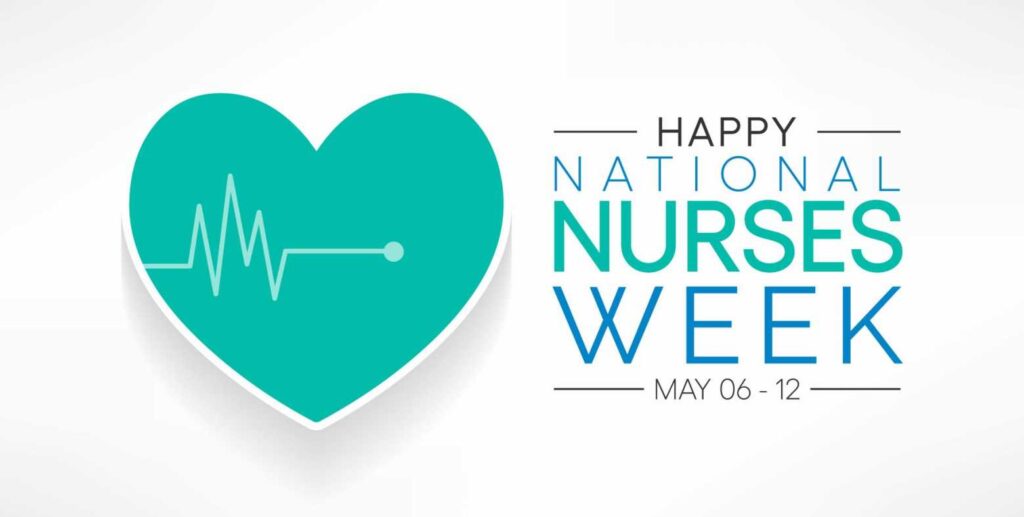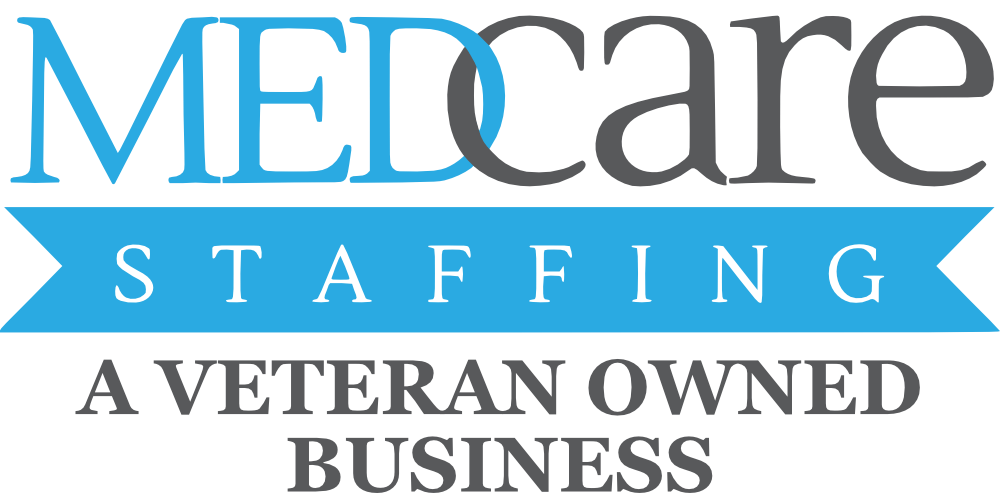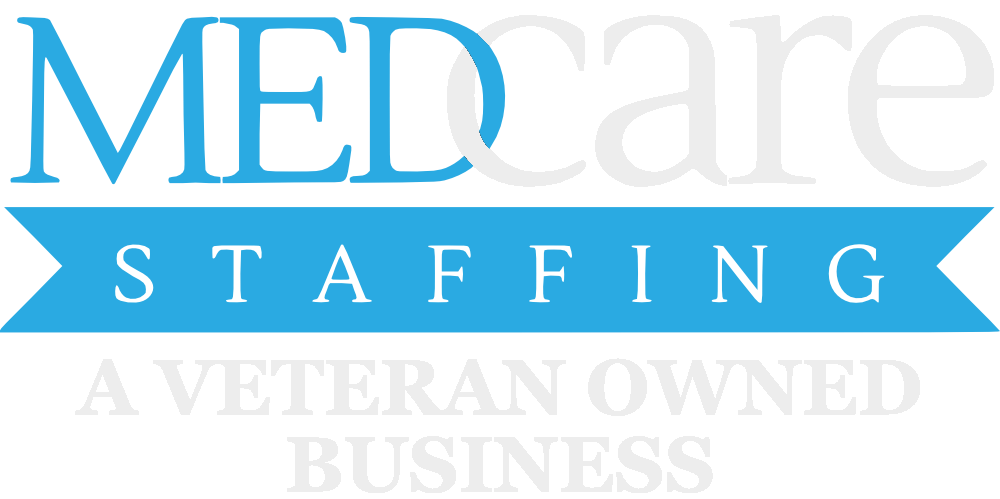
Nurses Week is an annual celebration from May 6th to May 12th, and it’s a time to recognize and honor the incredible contributions that nurses make to healthcare every day. According to the Gallup poll, approximately 79% of Americans said nurses have high ethical standards. In 2023, Nurses Week will take on even greater significance as the world grapples with the COVID-19 pandemic and its impact on healthcare systems worldwide.
Nurses Leaving Healthcare
What would a typical day in a hospital look like if there were no nurses? For one thing, alarms would be beeping. As well as patients screaming. Much like a heart afflicted by a cardiac arrest, the world inside a hospital would stop.
The U.S. Bureau of Labor Statistics is projecting that there will be a shortage of 1.1 million nurses created by over 500,000 experienced nurses who are on the brink of retirement.
According to a new study released by the National Council of State Boards of Nursing (NCSBN):
- 100,000 Registered Nurses (RNs) left the healthcare workforce during the COVID-19 pandemic
- By 2027, 610, 388 RNs intend to leave the healthcare workforce
- Approximately one-fifth of the RNs surveyed are considering leaving the nursing profession.
Safe Staffing Ratios
One of the most common reasons nurses leave their bedside nursing jobs is due to unsafe patient-to-nurse ratios. Shortages in healthcare not only affect patients but also affect staff and staffing ratios. Many hospitals allow nurses to work short-staffed, which can be dangerous and lead to burnout.
Safe staffing improves patient outcomes and saves hospitals money. The odds of a patient dying increase by 7% for each additional patient a nurse takes at once. Studies show that nurse job turnover decreases with better nursing-staff ratios.
- California and Massachusetts are the only two states in the U.S. to have passed laws regulating nurse-to-patient ratios.
- The Massachusetts nurse-to-patient ratio law was passed in 2014 and limited nurses working in intensive care units to only care for one patient per shift.
- California’s nurse-to-patient ratio law was passed in 1999 and implemented in 2004. California is the only state to pass legislation mandating comprehensive minimum nurse-to-patient ratios in hospitals.
Boomerang Nurses
On the contrary, The Wall Street Journal reports that many nurses who initially left the bedside for higher-paying temporary travel positions during the COVID-19 pandemic are returning to hospital staff jobs. These Nurses are being called ‘boomerang nurses.’ Falling pay rates offered through temporary agencies are some of the reasons these nurses are ‘boomeranging’ back to the bedside and returning to their staff jobs
Hospitals are trying to win back nurses to staff positions by awarding attractive perks like better pay, childcare, flexible work schedules, and even paying off student loan debt. One California hospital offers a $100,000.00 bonus over three years to retain and recruit permanent positions. By offering perks and added incentives, hospitals hope to solve the nursing shortage.
Advanced Practice Nurse Jobs Are Growing
The U.S. Bureau of Labor Statistics projects an increased growth of Nurse Practitioners, Nurse Anesthetists, and midwives’ employment to 40% from 2021 to 2031.
For the second year in a row, the U.S. News & World Report 2023 Best Health Care Jobs ranked Nurse Practitioners as the number one healthcare job in the U.S. NPs bring clinical expertise, leadership, and robust solutions to the challenges experienced in the healthcare universe. The NP focuses on reducing healthcare disparities with patient-centered care at the heart of the practice. Currently, there are 27 states, including Washington, D.C., where they have full practice authority and can practice independently.
Mental Health Issues and Burnout
Nurse burnout continues to be a growing concern. This encourages the need to recognize symptoms of burnout and mental health issues early on. Some early signs include missing work deadlines, delays in updating credentials, and attending continuing education courses, which lead to delays in licensing updates. Many physical symptoms of burnout include insomnia, headaches, increased fatigue, isolation, irritability, struggle with daily tasks, and depression.
It’s important to realize that approximately 1 in 18 American nurses experience suicidal ideation within a year compared to the general workforce. Some hospital systems, like UCSD, encourage nurses to seek counseling for suicidal ideation through special programs.
Many studies show that poor workplace conditions negatively impact mental health. Nurses also report that they have inadequate emotional support on the job. For example, a police officer or firefighter may get time off after witnessing a death, while a nurse is expected to continue with their shift with no extra time off. Mental health apps geared towards nurses offering peer support and self-care are excellent resources for nurses.
Travel Nursing and Per Diem Staff Are Still Needed
The shortage is projected to continue throughout 2023. According to a survey conducted by the American College of Healthcare Executives, CEOs of healthcare systems ranked workforce challenges and personnel shortages as the number one concern. Although several travel nurse companies have decreased their pay rates, demand for travel and per diem nurses still exists. The flexibility of ‘gig’ work allows nurses to pursue higher education, spend quality time with family and allows a nurse to have more control of their work schedule, giving them a better work-life balance.

Looking for A New Nursing Adventure?
Are you looking for more flexibility and adventurous travel? Working locum tenens could be your next great work adventure offering:
- Greater Flexibility
- Travel Opportunities
- Work-Life Balance
- New and Exciting Work Environments
- Greater Compensation
- More Diversity
- Less Administrative Responsibilities
Recent studies showed that patients treated by locums providers exhibited shorter hospital stays, decreased hospital costs, and no increase in readmission or mortality. Multiple healthcare facilities around the United States employ locum tenens nurses. As placeholders, locum tenens nurses temporarily fill the space of another. Hospitals, Federally Qualified Clinics, Urgent Care Facilities, dental Clinics, rural healthcare clinics, and correction facilities all employ locum nurses.
Are you ready to start your new locum tenens assignment? MedCare Staffing has many exciting long- and short-term locum assignments. Click here for more information.

